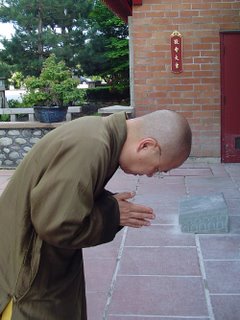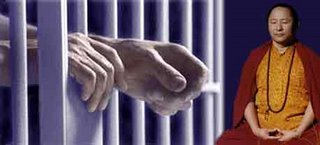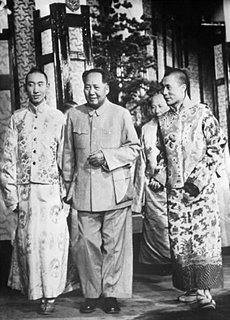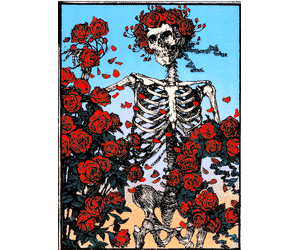
These are in no particular order:
Being able to walk, being able to see, being able to speak, being able to smile, being able to hear, being able to drive, being able to sit, being able to eat, being able to breath freely, being able to sleep. Hot showers (and showers in general), clean drinking water, clean air to breath, adequate medical care in comparison to much of the world.
Medicine/herbs/vitamins, Earth, the body, teeth, snow, sun, mud, plants, socks, shoes, fingers, the stars at night, the moon, waterfalls, sunrises/sunsets, the Buddha, the Dharma, the Sangha. Parks, mountains, forests/trees (I LOVE TREES!!!), the taste of water when no other liquid will do. Salt, glasses, art, music, light/electricity, heat, candles, animals, oceans, beaches, clouds, bells, friends, family, teachers, warm wash cloth, remote controls,
Having a roof over my head, a bed (love my bed), warm clothes in the winter, air conditioning/fans, tents, warm sleeping bags, furniture, tables, drawers, television, radio, DVR, a little money just to survive, indoor plumbing, cars (wish we had more hybrid cars though), airplanes. Fire/fire place, oxygen, computers, the internet, arms to hug with, hands to hold, kisses, blankets, pillows, tooth brush, flannel pants, gloves for the winter, stocking hats, pebbles in little, gurgling streams. Carpet, flannel slippers, meditation cushion, my country, towels, soap, fresh sheets, eye drops, fire fighters, reliable mail service, music, art.
Smells: wet potting soil, rain before and after, flowers (especially lilacs, gardenia), newspapers, books/magazines, coffee, perfume, incense(Nag champa, patchouli, sandelwood, aloeswood, jasmine), oil paints, fresh cut wood, fresh laundry, pine trees, baking cookies, lavender soap, newborn babies, baby powder, cinnamon, cloves, coconut, mountain air, peanut butter, hot tubs, pine sol cleaner, cucumber melon lotion that my wife wears, my wife's hair. Brown sugar, cedar, gingerbread, crayons, my oatmeal shaving cream, popcorn, bubble gum, new car smell, walking along a river, the musty smell of Louisiana, wine, chai, leather (although I hate the idea of leather), clean sheets, green apple liquid dish soap, pencil shavings, pencil erasers, blueberry candles, Sharpie markers, Vick's VapoRub, Sauteed onions/green onions and garlic, black licorice, scotch tape, pancakes with maple syrup on them, weeds burning and many, many more.

















































